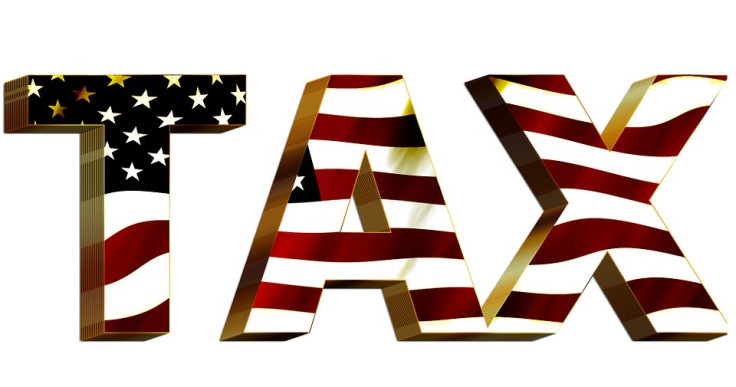The US tax cut changed more than the tax rate
The repatriation of foreign earnings has perhaps the most significant impact in the short term as U.S multinationals will be making decisions to potentially change capital expenditures, profit sharing etc.

At first pass, the changes in the new US tax law looks pretty straightforward; the corporate income tax rate was lowered from 35 to 21 percent. And, analysts predict that the average effective tax rate, the rate corporations actually pay this year, will be only 9 percent. This is good news for beating this year's plans, but it gets better. If you look beyond this initial change, you can see the potential for huge strategic shifts for US companies.
New Financial Assumptions
The 2018 tax law was immediate and permanent. This means that the tax obligation assumptions used to craft plans for 2018 are now obsolete. It also means that the profit contribution each business line must produce to cover tax obligations going forward has lessened. Every U.S. leadership team is addressing the same question: what will we do with our tax savings?
Planning discussions are sparking new interest in the once boring balance sheets, as it has become a new source of funds. As a permanent tax law change, reserves set aside on the balance sheet for future tax obligations will be returned to working capital as will many cash balances from non-U.S. markets. The repatriation of foreign earnings has perhaps the most significant impact in the short term as U.S multinationals will be making decisions to potentially change capital expenditures, profit sharing, profit taking, and equity positions just to name a few. And, their decision will have an impact on more than just their U.S. markets.
Some companies are already making decisions to give employee bonuses or increase wages while others plan to invest this windfall right back into the company. Still,others are going to reward shareholders with dividend payouts or stock buybacks. However, these announcements only scratch the surface.
The Role of Scenario Planning
Many larger corporations have prepared for this change well in advance using scenario planning. In fact, some had well-developed plans ready the day President Trump signed this legislation. One such company was AbbVie Inc., a pharmaceutical company. On January 26, 2018, the Wall Street Journal reported four significant changes to the drug maker's long-range plans, including:
| Changes to capital expenditure plans | "Over the next five years, AbbVie plans to invest about $2.5 billion in capital projects in the U.S. ..." |
| Changes to their compensation plans | "...it plans to accelerate pension funding by $750 million and enhance nonexecutive employee compensation." |
| Changes to charitable giving | "...(it) plans to make a one-time charitable contribution of approximately $350 million to certain not-for-profit organizations based in the U.S." |
| Changes to profit sharing and equity | "...it is working on a plan to accelerate the growth of its stock dividend and repurchase more of its shares." |
Each of these decisions has its own ripple effect of change, and these are only the decisions they announced. What about the changes they have yet to announce?
Profits like those of AbbVie generated by U.S. companies in non-U.S. markets, have been building on corporate balance sheets since the economic recovery. At the end of 2017 these cash balances were estimated at more than 2.6 trillion dollars for U.S. firms.
Now, under our new tax structure a significant barrier for recognizing these profits as income in the U.S. has dropped. Funds like this will be added to the funds saved from the lower tax rate on domestic profits to provide tremendous sources of funds available for a wide variety of uses.
What These Changes Can Mean for You
If you are in a leadership team of any size, you must prepare for the changes ahead beyond just writing a smaller check to the IRS. Changes are coming to your market, and you will need to respond. The time to prepare is now. At a minimum, you must review and re-evaluate your 2018 plan and its assumptions. Then review
your market and competitive settings. While it is impossible to know the full impact of these changes, take a lesson from corporations like AbbVie and create scenarios, so you are ready to act when conditions shift in your corporate environment.
This is just the tip of the iceberg. Learn more about the potential impact of the new tax cut in my three-part web series The 2018 Game Changer.
(1) C-Corporations.
(2) According to the Penn Wharton Budget Model
(3) AbbVie Says Tax Overhaul Will Slash 2018 Effective Tax Rate to 9% by Peter Foftus
(4) Source: SEC filings, Audit Analytics, Capital Economics
Cecilia Lynch is founder, CEO and chief strategist, Focused Momentum®





